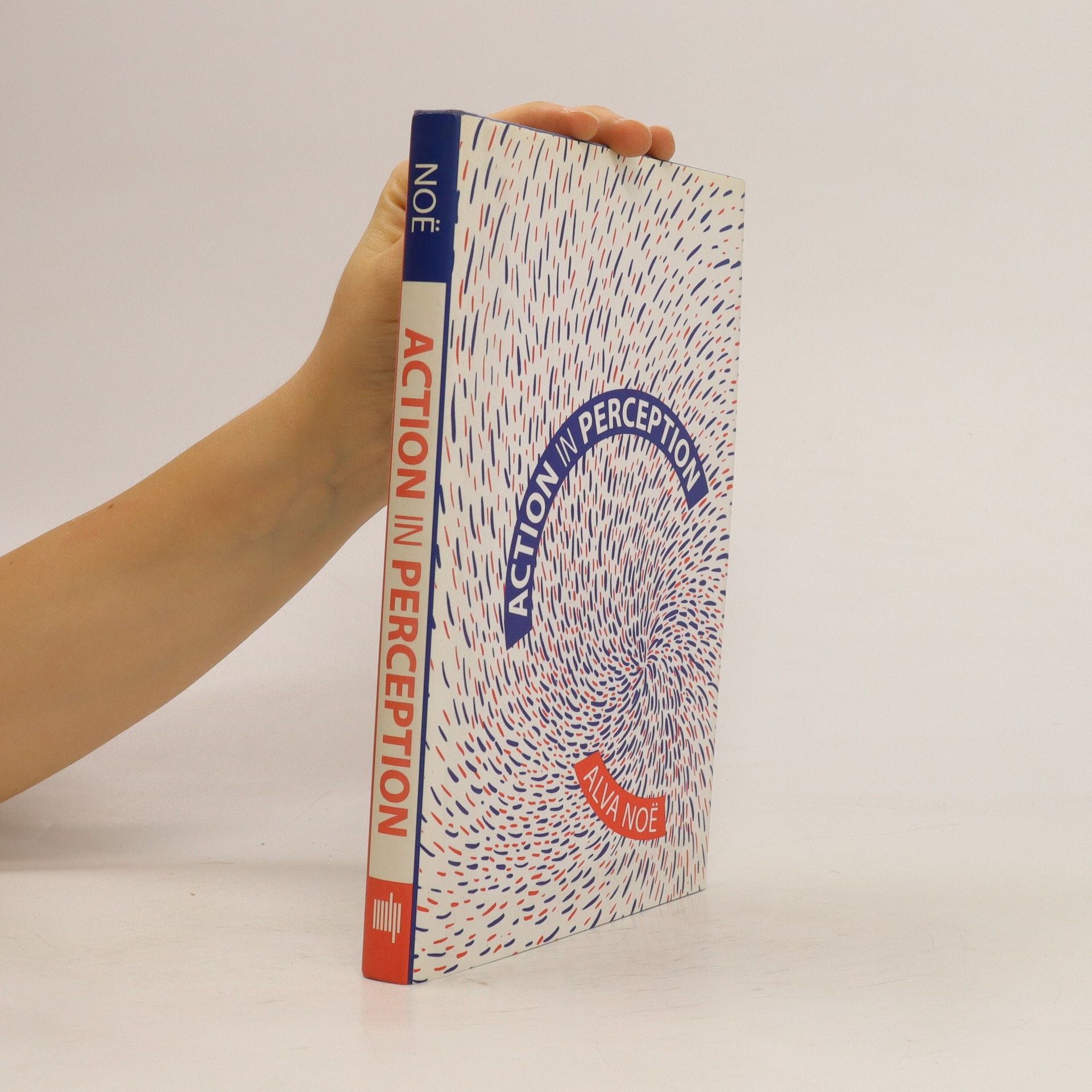Strange Tools
- 304pages
- 11 heures de lecture
What is art, and why does it matter to us? Traditionally, we turn to works of art to explore these questions. However, Alva Noë argues that our focus on the objects themselves hinders our understanding of art's impact on us. He posits that art is not merely a phenomenon needing explanation but rather a mode of research that investigates our humanity—a "strange tool." Art challenges us, urging us to make sense of our experiences rather than simply providing satisfaction. Through a range of provocative examples from art history, Noë illustrates art's transformative power. For instance, choreographers highlight how bodily movement shapes our organization, while painting transcends mere representation, questioning the role of images in our lives. He contends that reducing art to aesthetic triggers or framing it solely through neurobiology and evolutionary theory is insufficient. Engaging with art allows us to study ourselves in innovative ways, revealing the deep connections between art and philosophy. By reframing the dialogue around artists and their work, this exploration serves as a bold and thought-provoking contribution to contemporary discourse.

